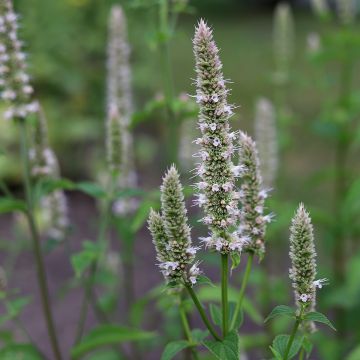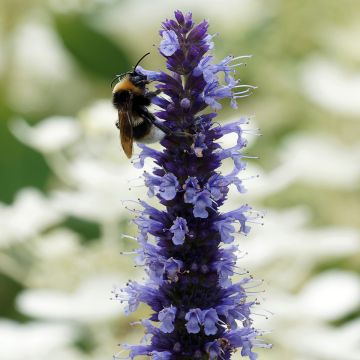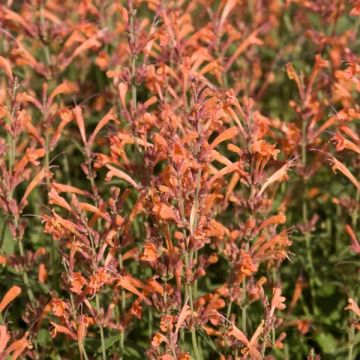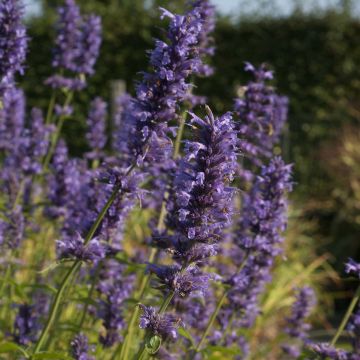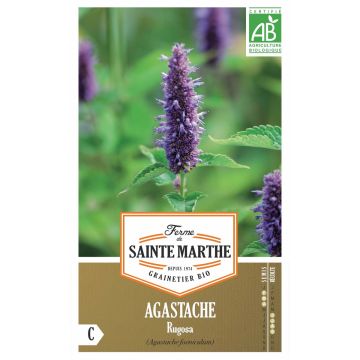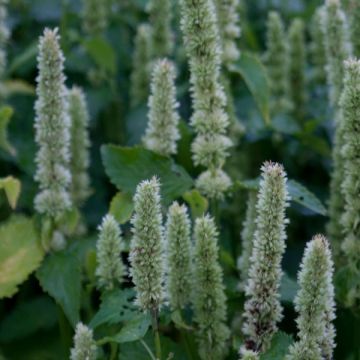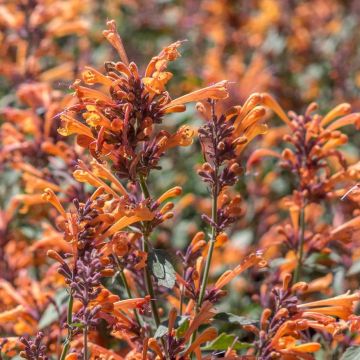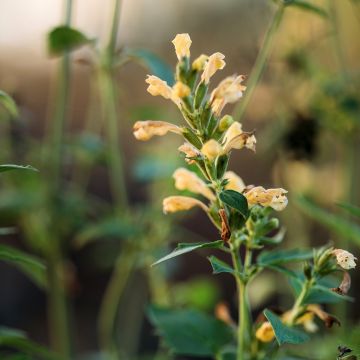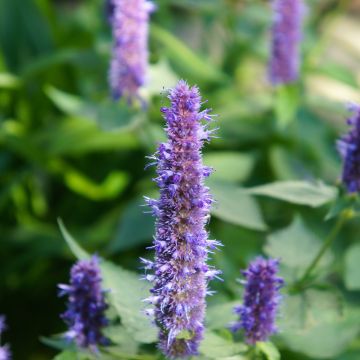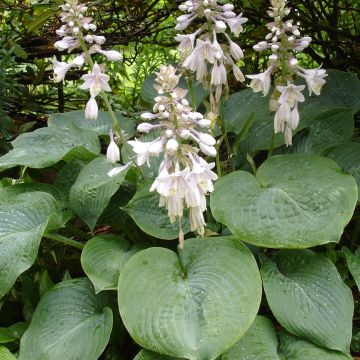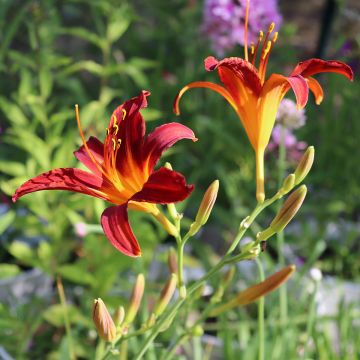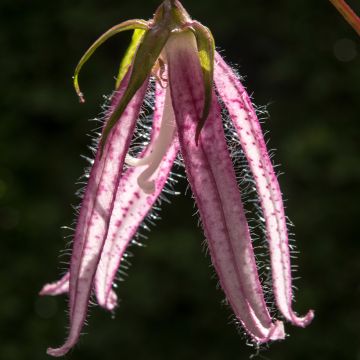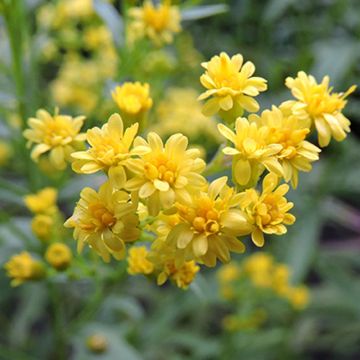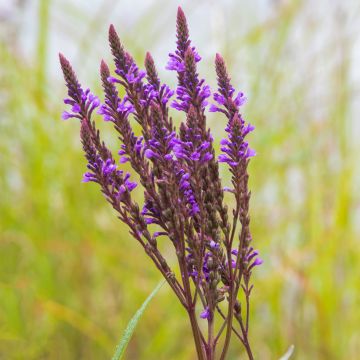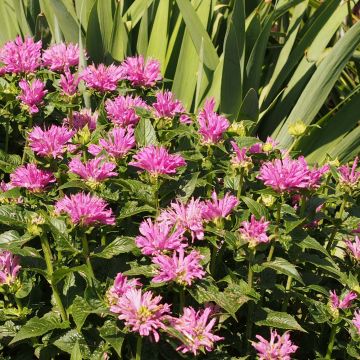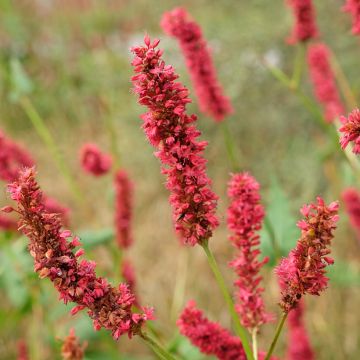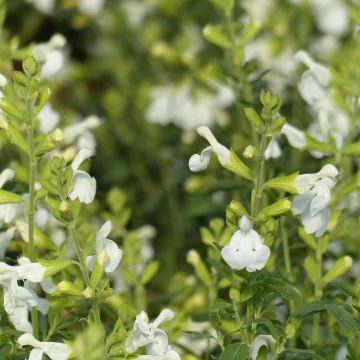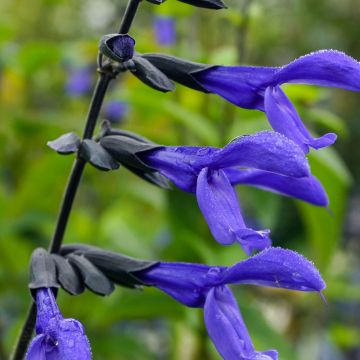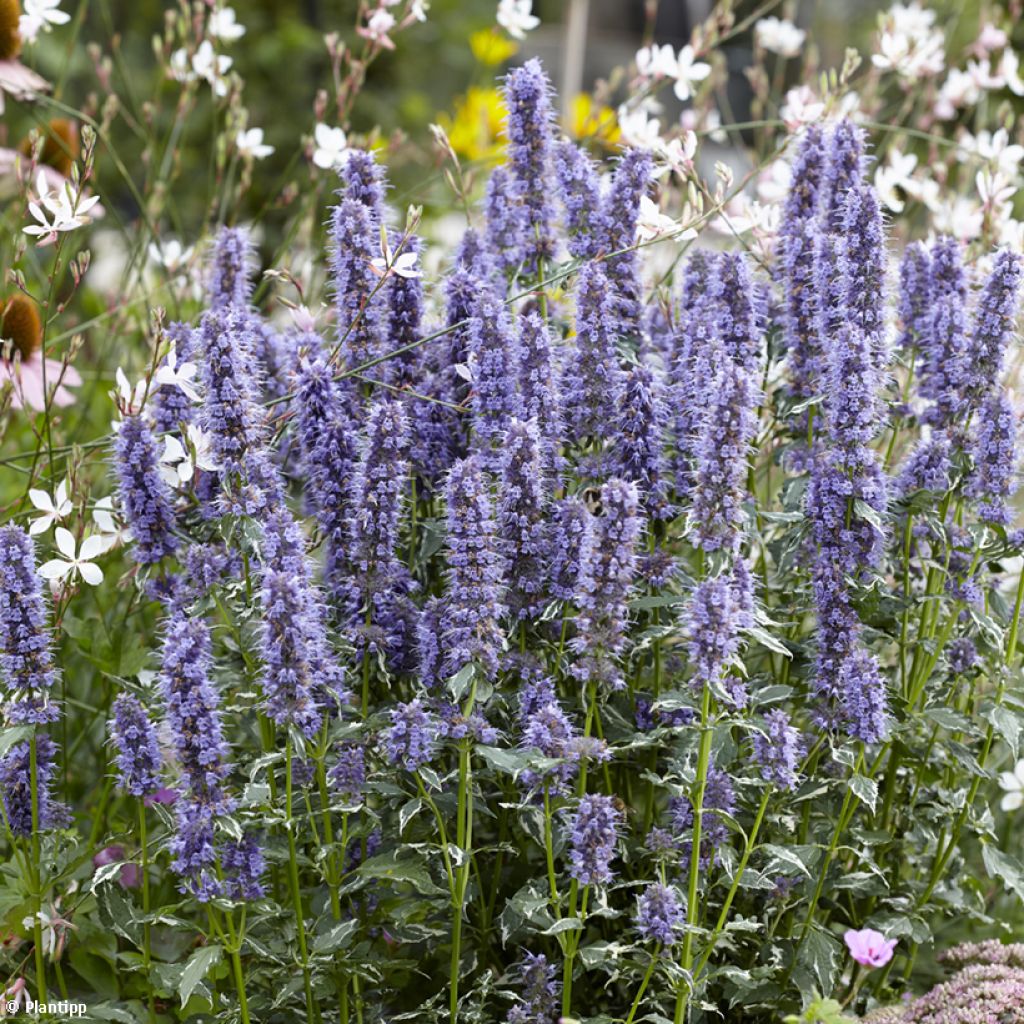

Agastache Crazy Fortune
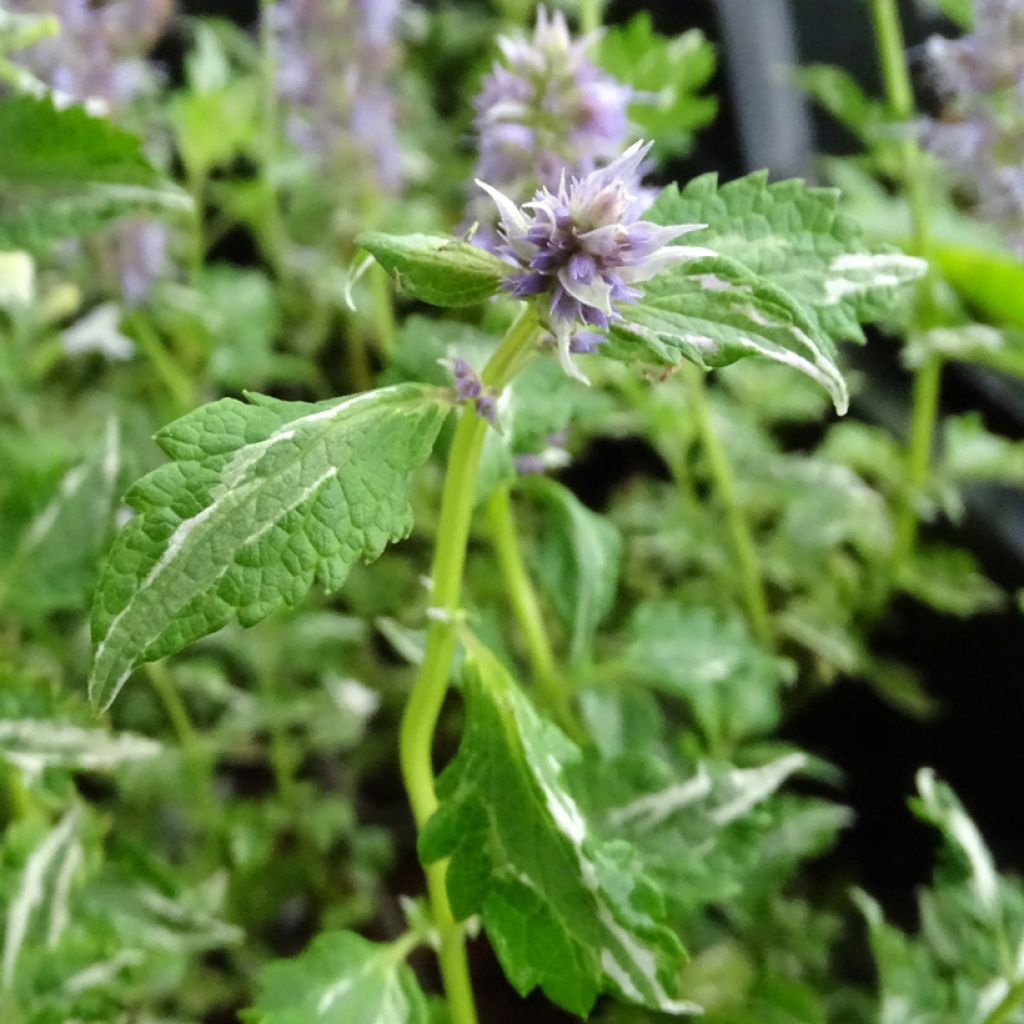

Agastache Crazy Fortune
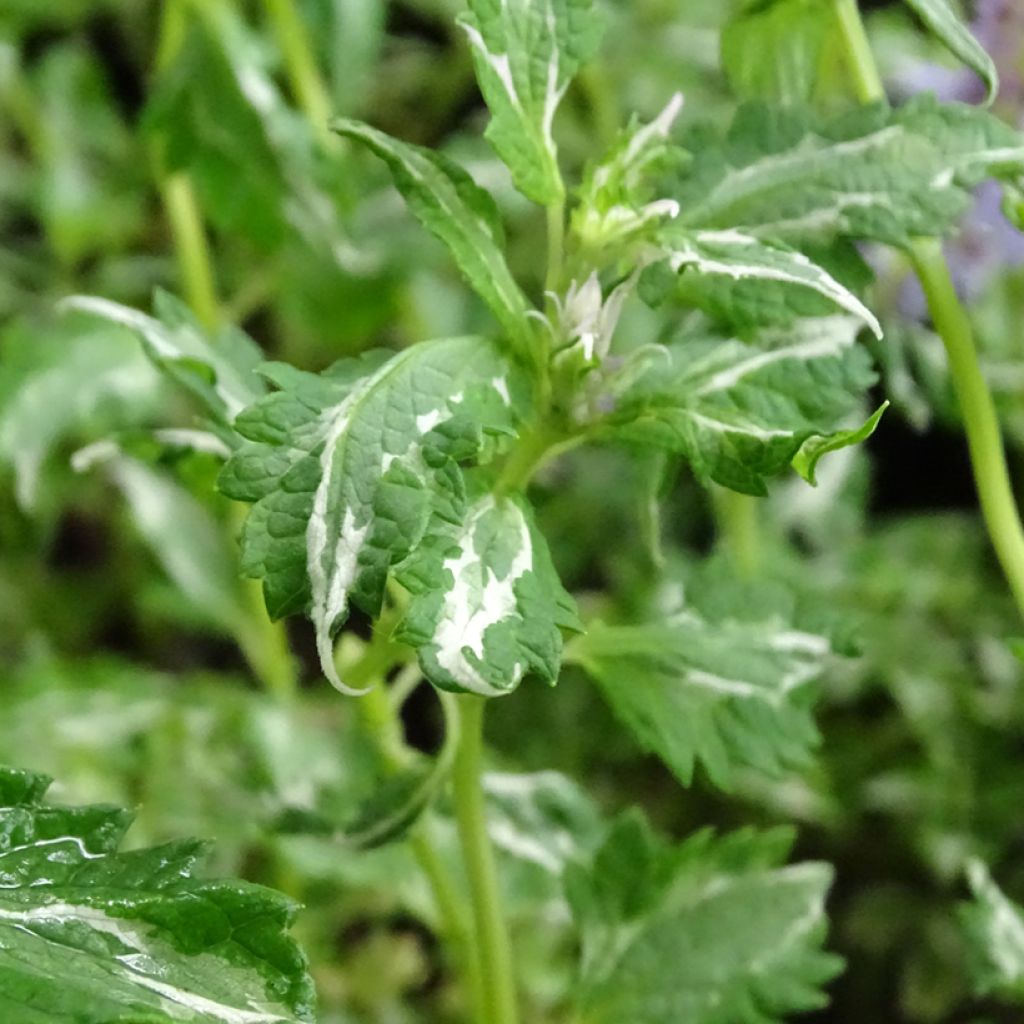

Agastache Crazy Fortune
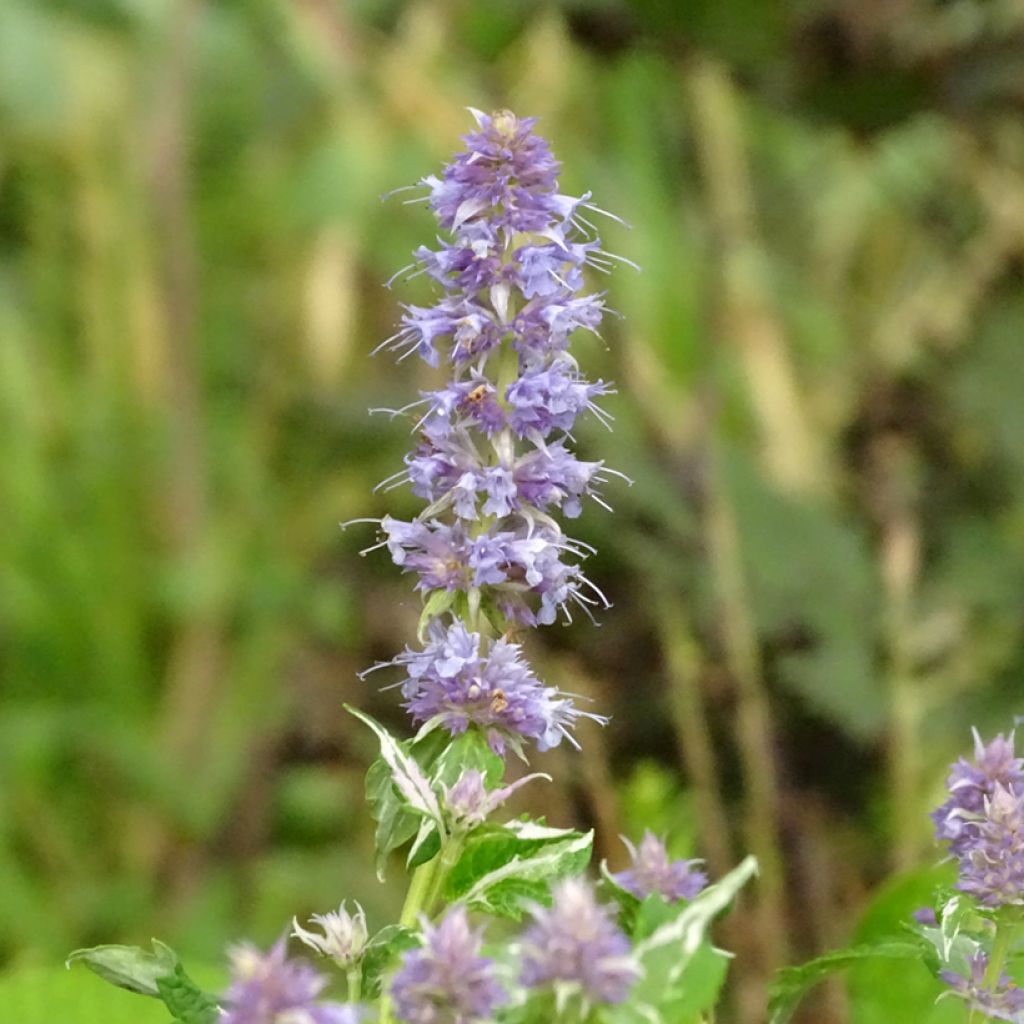

Agastache Crazy Fortune
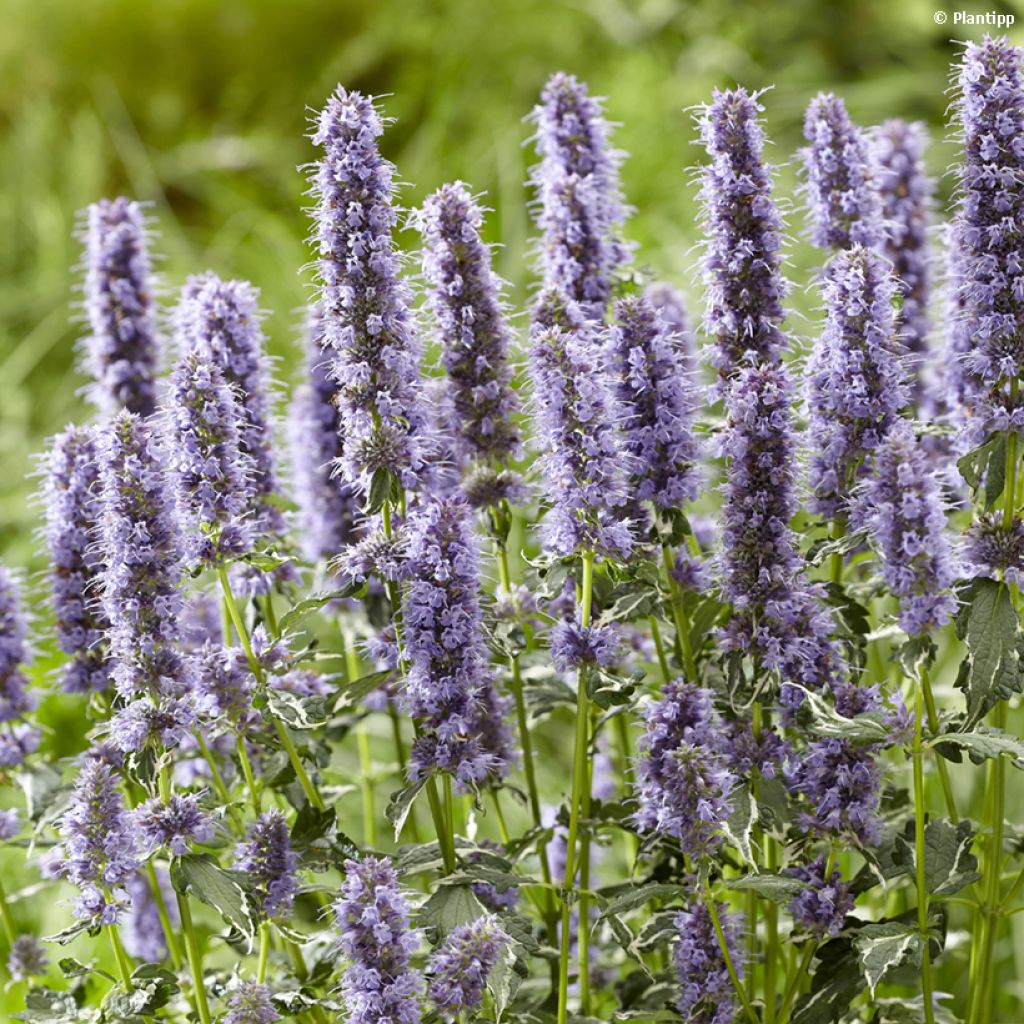

Agastache Crazy Fortune
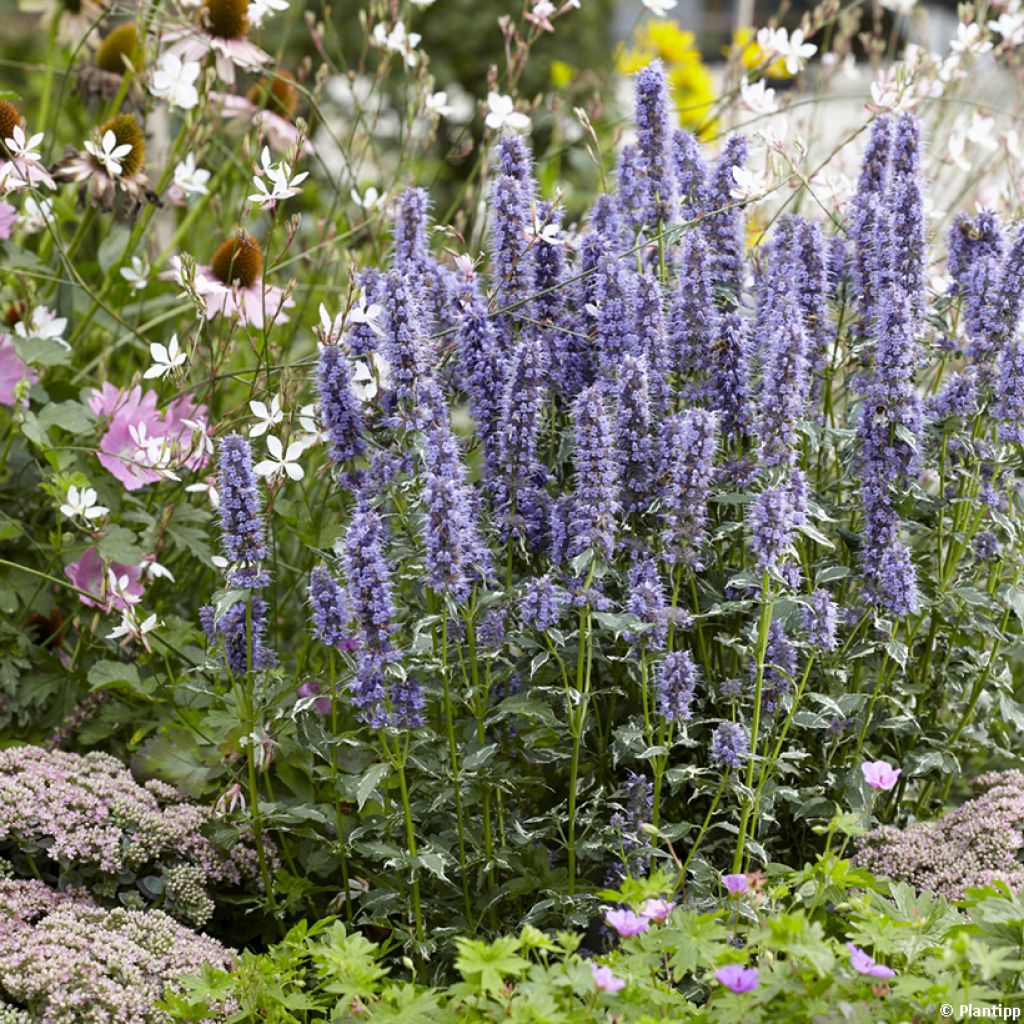

Agastache Crazy Fortune
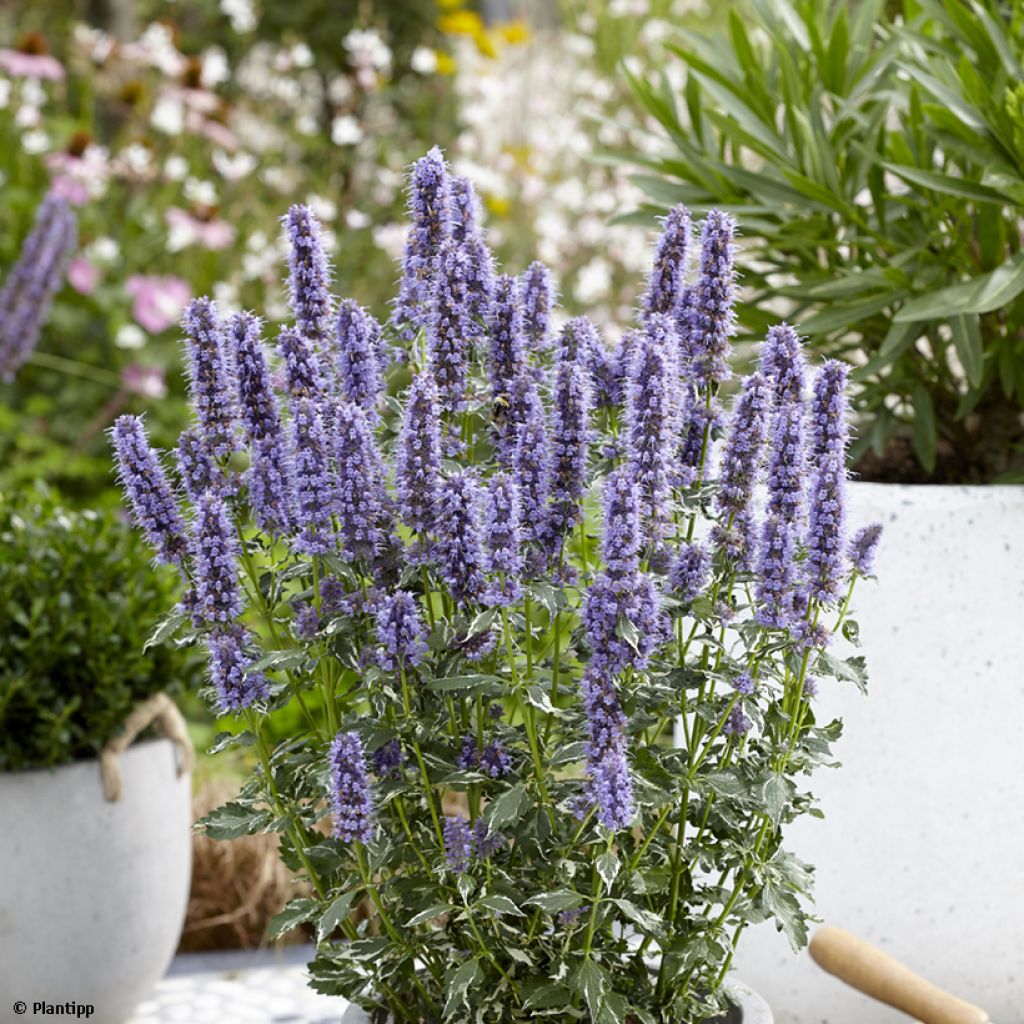

Agastache Crazy Fortune
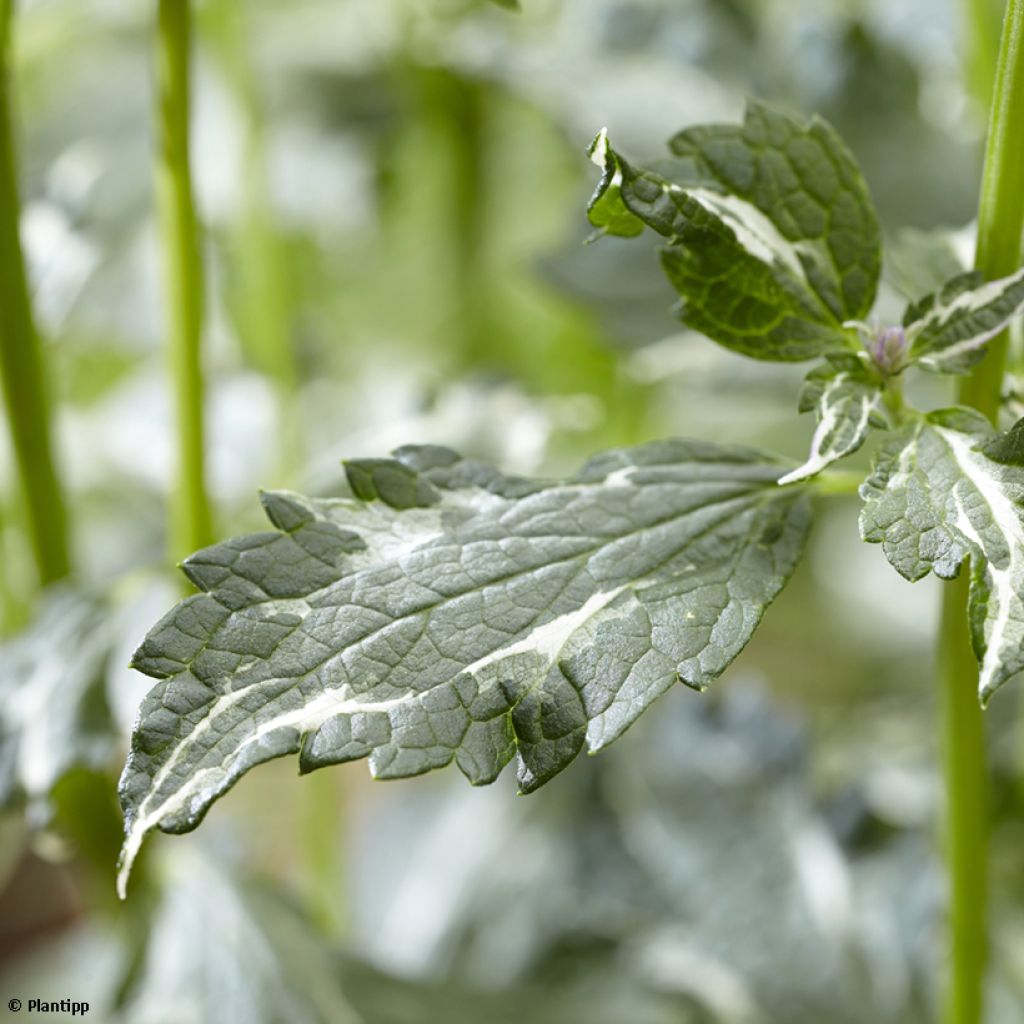

Agastache Crazy Fortune
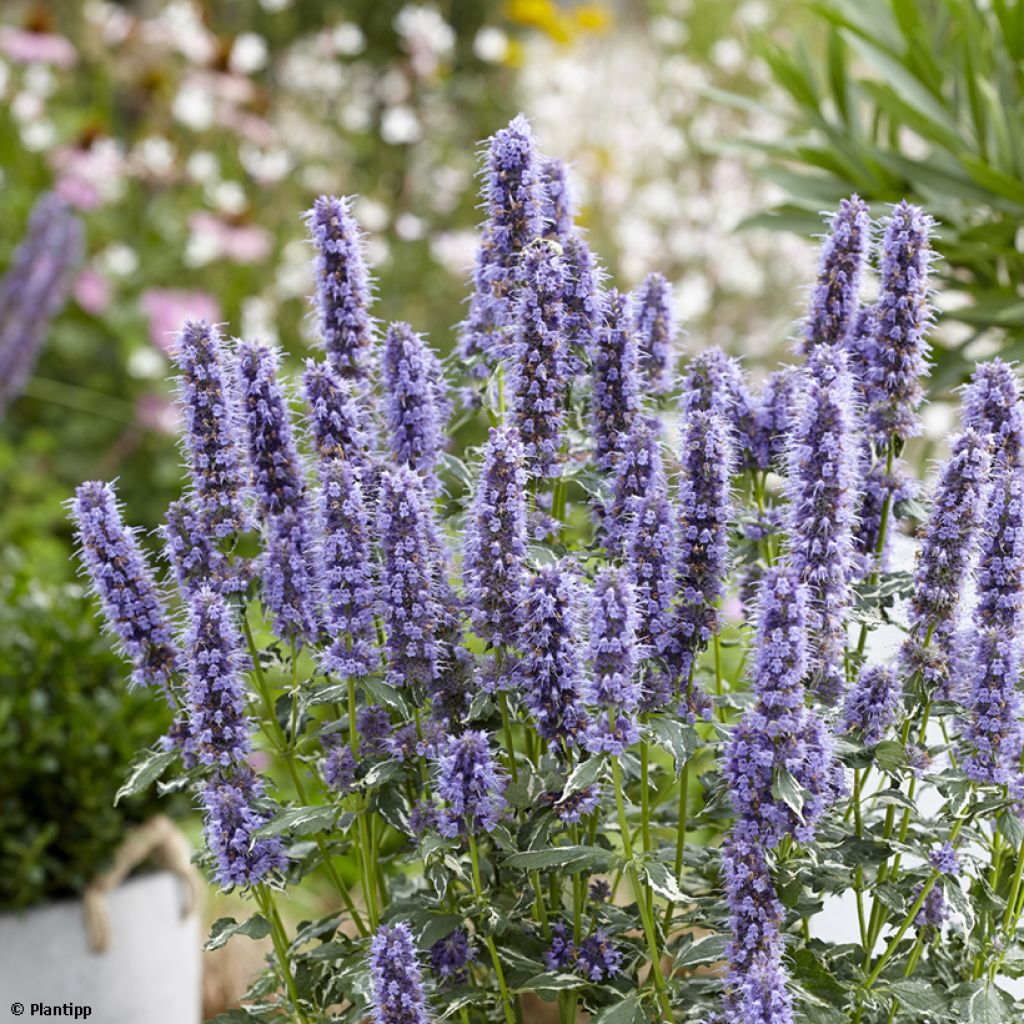

Agastache Crazy Fortune
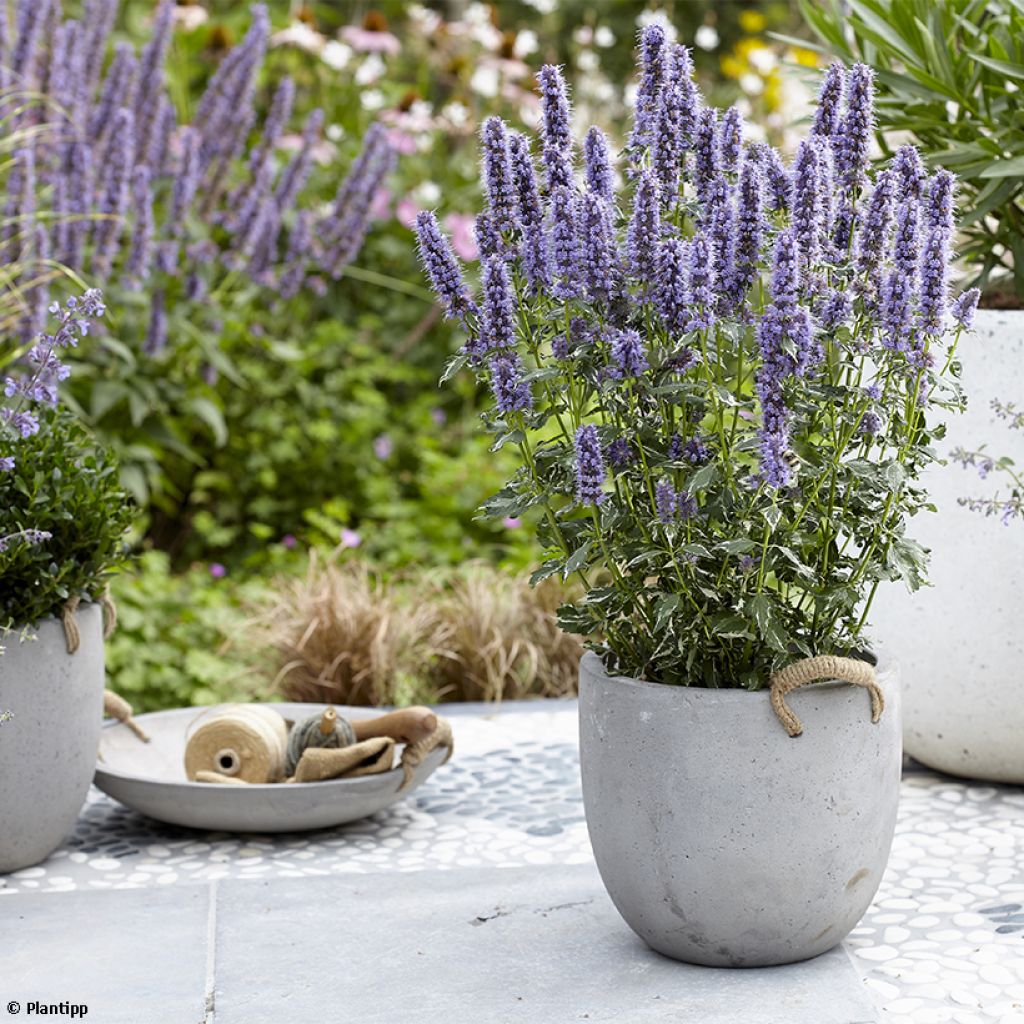

Agastache Crazy Fortune
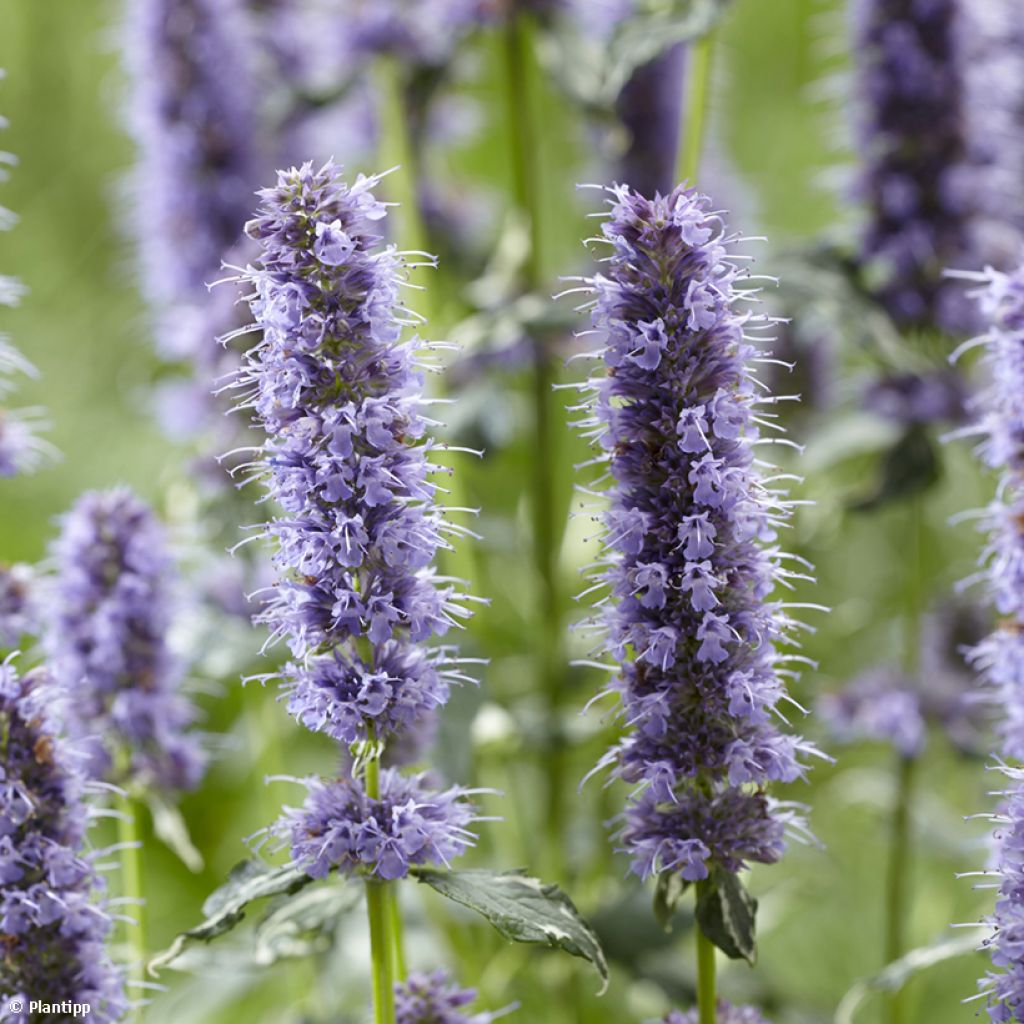

Agastache Crazy Fortune
Agastache x rugosa Crazy Fortune
Agastache x rugosa Crazy Fortune ('Atenduis')
Giant hyssop 'Crazy Fortune'
This item cannot be shipped to the selected country
Delivery charge from €5.90
More information
Schedule delivery date,
and select date in basket
This plant carries a 12 months recovery warranty
More information
We guarantee the quality of our plants for a full growing cycle, and will replace at our expense any plant that fails to recover under normal climatic and planting conditions.
From €5.90 for pickup delivery and €6.90 for home delivery
Express home delivery from €8.90.

Does this plant fit my garden?
Set up your Plantfit profile →
Description
Agastache 'Crazy Fortune' is a bright plant that bears an abundance of honey-rich flowers. It is easy to grow and quickly makes a big impact in sunny beds. Its beautiful variegated cream foliage is wonderfully aromatic. It flowers in abundance throughout summer, producing dazzling mauve-blue spikes. In one year, it forms a beautiful bushy clump. This low-maintenance perennial is perfectly hardy. It is a reliable choice, both in the ground and in pots.
Agastache 'Crazy fortune' is an excellent horticultural hybrid recently selected in the Netherlands. It is derived, among others, from A. rugosa, the hardiest of the approximately 30 species that make up the genus Agastache. It belongs to the Lamiaceae family, related to sages, catmints, and mints.
From spring, it forms an erect clump with quadrangular, ramified stems. It reaches 70 to 80cm (28 to 32in) tall and 50cm (20in) wide, depending on the growing conditions. It has a beautifully bushy habit. Its lifespan is quite short, around 4 years, but it self-seeds quite easily. Its 5 to 6 triangular leaves bear toothed edges and are slightly sticky. They are located along the length of the flowering stems. They are a dark green-grey colour, randomly variegated with cream-white, with a lighter, velvety underside. When crushed, they release a scent of aniseed, mixed with mint and liquorice. The flowering lasts from June-July to September, in the form of upright, dense spikes, 8 to 10cm (3 to 4in) long. Each small lavender-blue tubular flower is surrounded by violet bracts. This particularly honey-rich and nectar-rich flowering attracts a large number of bees and butterflies. The above-ground vegetation dries out in autumn.
Agastache 'Crazy fortune' is very easy to grow. It thrives in sunny beds with a slightly wild appearance. It should never be allowed to dry out during the flowering period in hot regions. This carefree perennial adds height and substance to beds composed of grasses (stipas, eragrostis, pennisetums), herbaceous sages, large daisies, echinaceas, and asters. It also pairs very well with yellow or orange shrubby potentillas, for example.
The aromatic leaves of agastache can be used for infusions or to make tea, as well as to garnish and flavour salads and cooked dishes.
Report an error about the product description
Agastache x rugosa Crazy Fortune in pictures
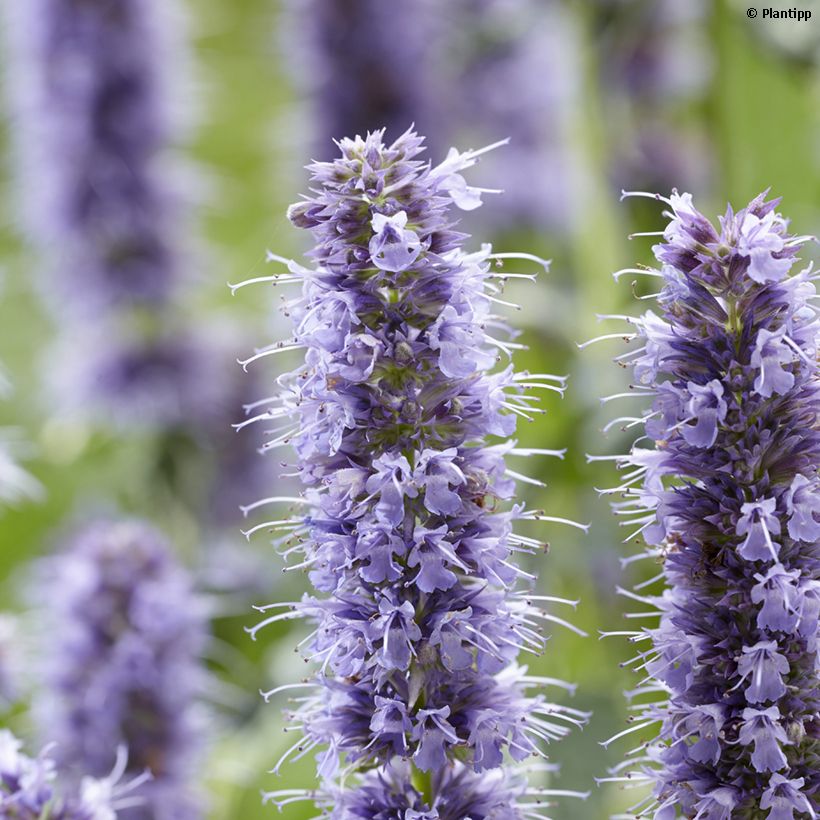

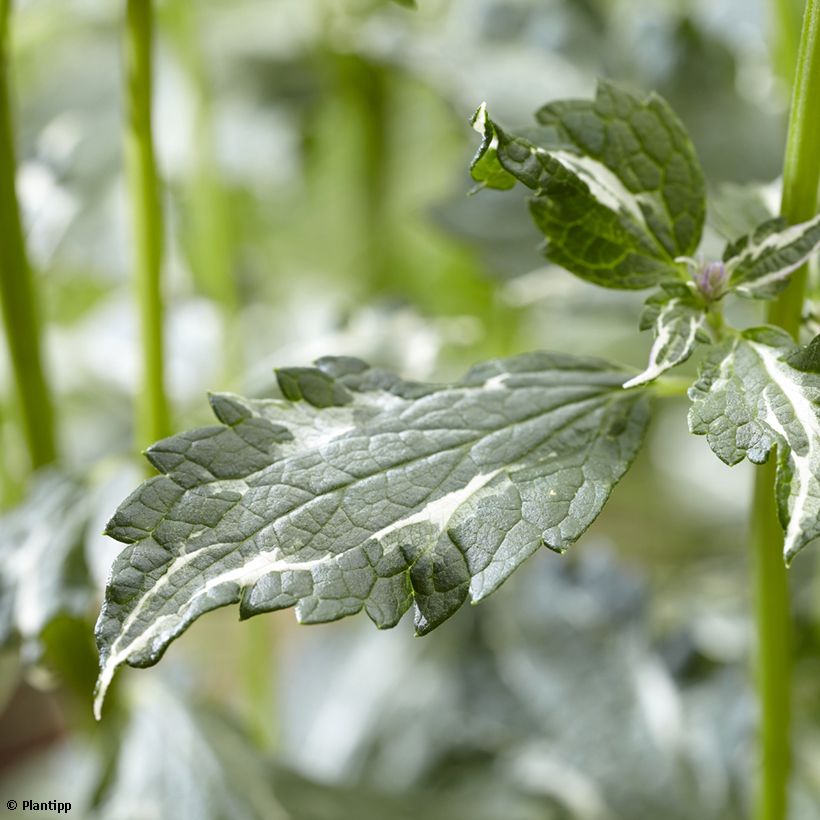

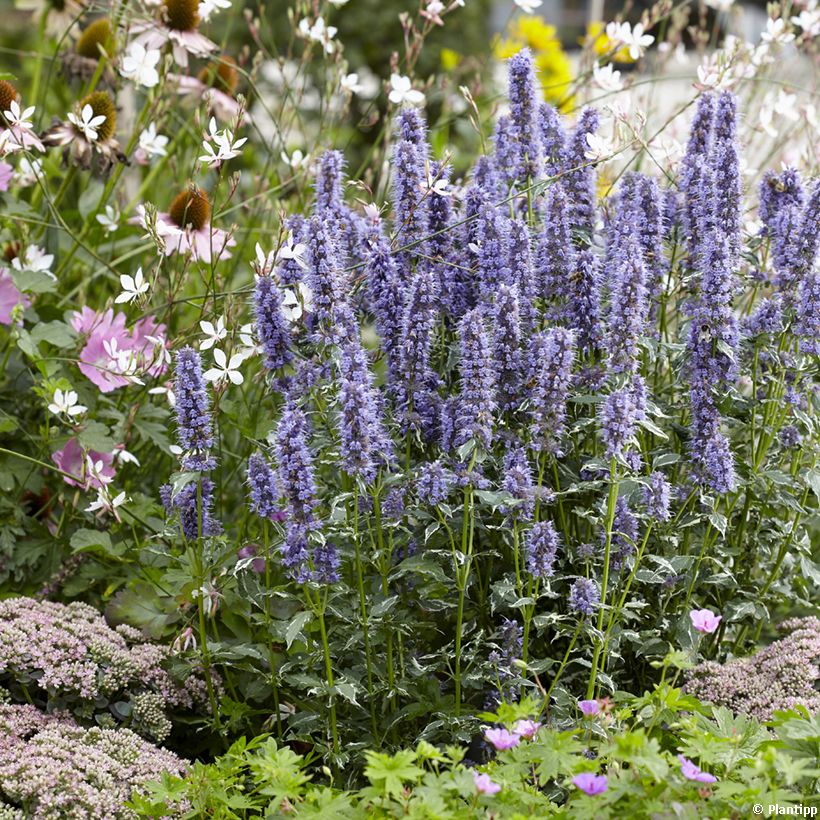

Flowering
Foliage
Plant habit
Botanical data
Agastache
x rugosa
Crazy Fortune ('Atenduis')
Lamiaceae
Giant hyssop 'Crazy Fortune'
Cultivar or hybrid
Other Agastache
Planting and care
Agastache 'Crazy Fortune' thrives in full sun or partial shade, sheltered from cold winds. It is a water-efficient plant, but appreciates soils that remain slightly moist in summer to support its flowering. It is suitable for any well-drained soil that is preferably rich. It can tolerate limestone. If necessary, water the plant, especially during flowering. In spring, trim the faded inflorescences and clean the clump. It is not particularly susceptible to pests or diseases. However, powdery mildew can affect the leaves in very dry weather.
Planting period
Intended location
Care
-
, onOrder confirmed
Reply from on Promesse de fleurs
Summer flowering perennials
Haven't found what you were looking for?
Hardiness is the lowest winter temperature a plant can endure without suffering serious damage or even dying. However, hardiness is affected by location (a sheltered area, such as a patio), protection (winter cover) and soil type (hardiness is improved by well-drained soil).

Photo Sharing Terms & Conditions
In order to encourage gardeners to interact and share their experiences, Promesse de fleurs offers various media enabling content to be uploaded onto its Site - in particular via the ‘Photo sharing’ module.
The User agrees to refrain from:
- Posting any content that is illegal, prejudicial, insulting, racist, inciteful to hatred, revisionist, contrary to public decency, that infringes on privacy or on the privacy rights of third parties, in particular the publicity rights of persons and goods, intellectual property rights, or the right to privacy.
- Submitting content on behalf of a third party;
- Impersonate the identity of a third party and/or publish any personal information about a third party;
In general, the User undertakes to refrain from any unethical behaviour.
All Content (in particular text, comments, files, images, photos, videos, creative works, etc.), which may be subject to property or intellectual property rights, image or other private rights, shall remain the property of the User, subject to the limited rights granted by the terms of the licence granted by Promesse de fleurs as stated below. Users are at liberty to publish or not to publish such Content on the Site, notably via the ‘Photo Sharing’ facility, and accept that this Content shall be made public and freely accessible, notably on the Internet.
Users further acknowledge, undertake to have ,and guarantee that they hold all necessary rights and permissions to publish such material on the Site, in particular with regard to the legislation in force pertaining to any privacy, property, intellectual property, image, or contractual rights, or rights of any other nature. By publishing such Content on the Site, Users acknowledge accepting full liability as publishers of the Content within the meaning of the law, and grant Promesse de fleurs, free of charge, an inclusive, worldwide licence for the said Content for the entire duration of its publication, including all reproduction, representation, up/downloading, displaying, performing, transmission, and storage rights.
Users also grant permission for their name to be linked to the Content and accept that this link may not always be made available.
By engaging in posting material, Users consent to their Content becoming automatically accessible on the Internet, in particular on other sites and/or blogs and/or web pages of the Promesse de fleurs site, including in particular social pages and the Promesse de fleurs catalogue.
Users may secure the removal of entrusted content free of charge by issuing a simple request via our contact form.
The flowering period indicated on our website applies to countries and regions located in USDA zone 8 (France, the United Kingdom, Ireland, the Netherlands, etc.)
It will vary according to where you live:
- In zones 9 to 10 (Italy, Spain, Greece, etc.), flowering will occur about 2 to 4 weeks earlier.
- In zones 6 to 7 (Germany, Poland, Slovenia, and lower mountainous regions), flowering will be delayed by 2 to 3 weeks.
- In zone 5 (Central Europe, Scandinavia), blooming will be delayed by 3 to 5 weeks.
In temperate climates, pruning of spring-flowering shrubs (forsythia, spireas, etc.) should be done just after flowering.
Pruning of summer-flowering shrubs (Indian Lilac, Perovskia, etc.) can be done in winter or spring.
In cold regions as well as with frost-sensitive plants, avoid pruning too early when severe frosts may still occur.
The planting period indicated on our website applies to countries and regions located in USDA zone 8 (France, United Kingdom, Ireland, Netherlands).
It will vary according to where you live:
- In Mediterranean zones (Marseille, Madrid, Milan, etc.), autumn and winter are the best planting periods.
- In continental zones (Strasbourg, Munich, Vienna, etc.), delay planting by 2 to 3 weeks in spring and bring it forward by 2 to 4 weeks in autumn.
- In mountainous regions (the Alps, Pyrenees, Carpathians, etc.), it is best to plant in late spring (May-June) or late summer (August-September).
The harvesting period indicated on our website applies to countries and regions in USDA zone 8 (France, England, Ireland, the Netherlands).
In colder areas (Scandinavia, Poland, Austria...) fruit and vegetable harvests are likely to be delayed by 3-4 weeks.
In warmer areas (Italy, Spain, Greece, etc.), harvesting will probably take place earlier, depending on weather conditions.
The sowing periods indicated on our website apply to countries and regions within USDA Zone 8 (France, UK, Ireland, Netherlands).
In colder areas (Scandinavia, Poland, Austria...), delay any outdoor sowing by 3-4 weeks, or sow under glass.
In warmer climes (Italy, Spain, Greece, etc.), bring outdoor sowing forward by a few weeks.


































